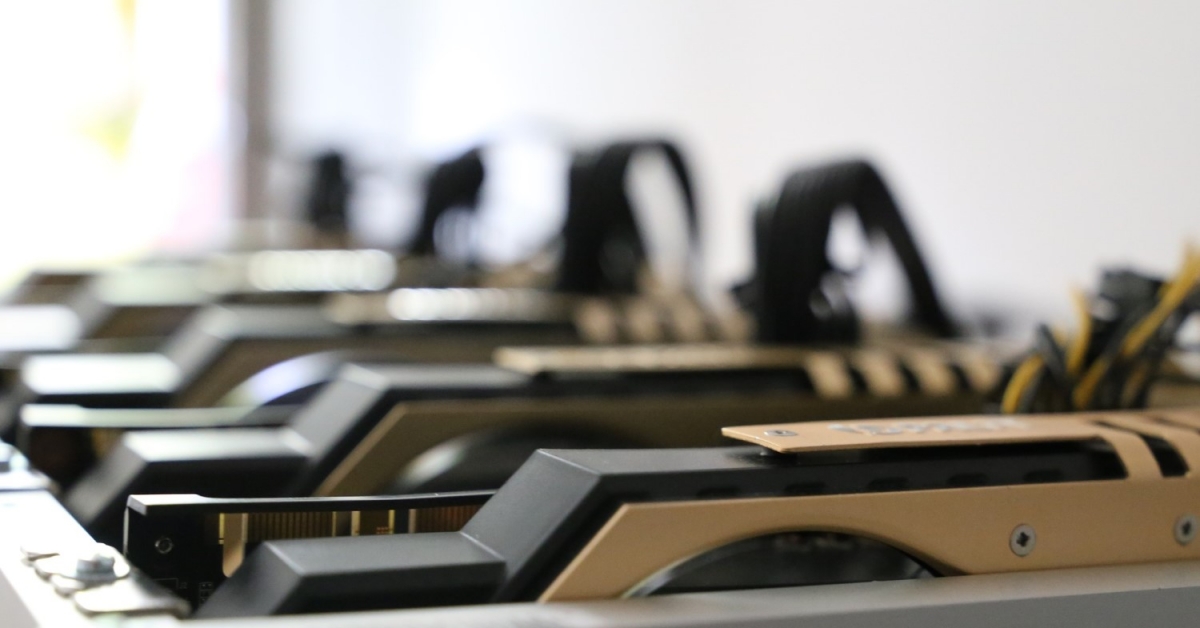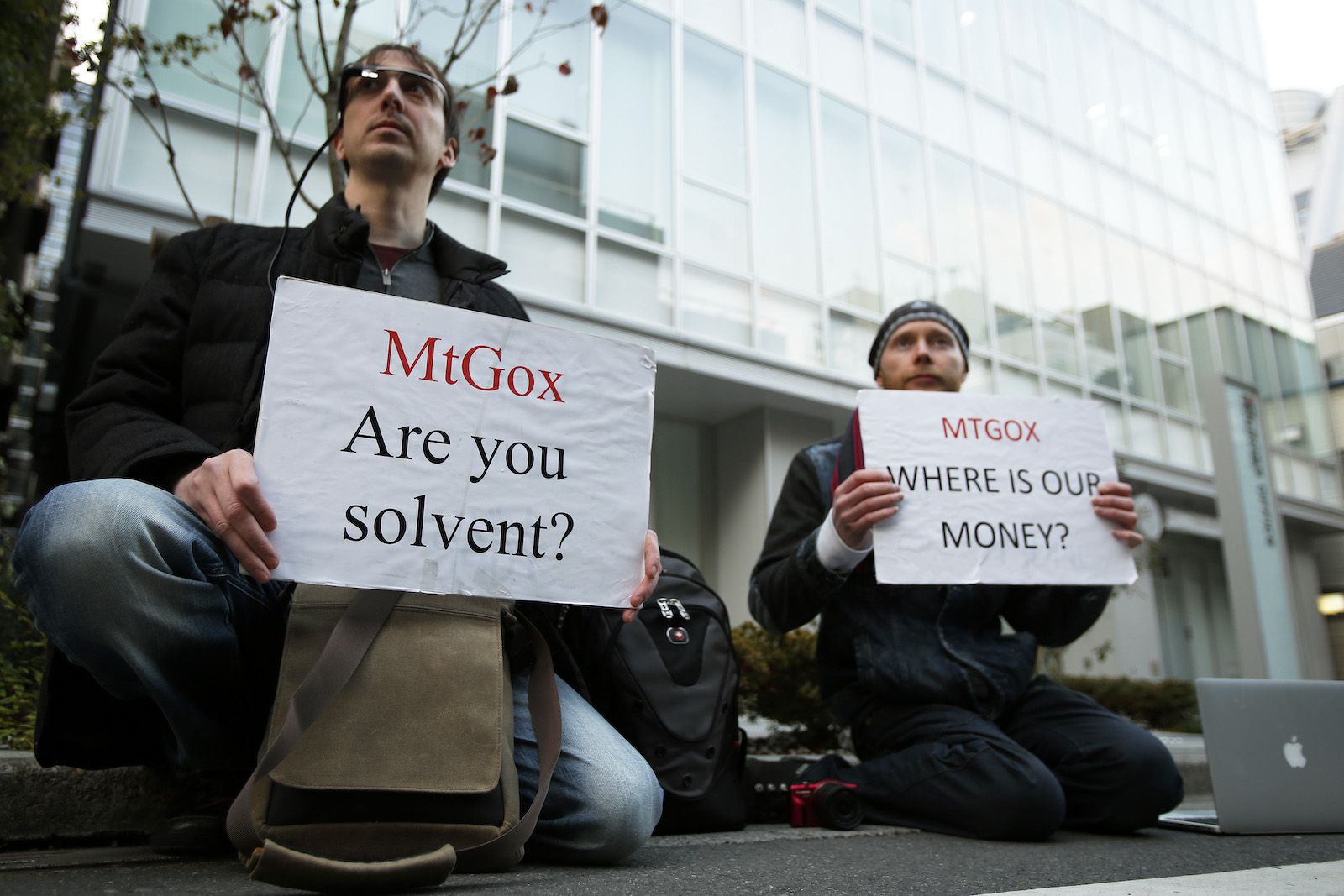Myanmar Military Blocks Facebook as Global Internet Disruptions Intensify
Internet disruptions are costly, but that doesn’t stop governments from shutting down access.

Myanmar Military Blocks Facebook as Global Internet Disruptions Intensify
The new military government in Myanmar has reportedly ordered telecommunications companies to temporarily block access to Facebook citing the platform is a threat to the restoration of stability in the country, as part of a broader effort to restrict internet access following a coup last month.
The nonprofit internet shutdown tracker NetBlocks confirmed that access to Facebook, Instagram, Messenger and WhatsApp servers was now restricted in the country. Internet disruptions were also recorded on Jan. 31, 2021, when Myanmar’s military seized control in the coup that brought them to power.
When it comes to politically motivated internet shutdowns, 2021 is already off to a miserable start. In January alone, India, Myanmar and Uganda all suffered internet disruptions tied to political events.
In Uganda, the state completely shut the internet down on the day of its presidential elections in early January. Last week, Indian authorities restricted internet access in multiple areas near its capital, New Delhi, as local farmers protested agricultural laws that were passed in September last year.
According to Hanna Kreitam, a technical expert at the internet policy NGO Internet Society, apart from the violation of basic human freedoms, internet shutdowns are detrimental to growth as they have an immediate financial impact on a country’s economy. Kreitam explained that internet shutdowns dampen economic activity, which consequently reduce profits for local businesses and lower tax revenues.
“Furthermore, many individuals, organizations, and businesses around the world rely on Internet-based services that depend on critical functions like data storage, data processing, and financial transactions based in various countries. Disrupting access to these services inevitably reduces productivity, resulting in significant economic losses,” Kreitam said.
The Cost
A 2020 report by Top10VPN revealed that regional internet disruptions combined with prolonged internet blackouts in Kashmir may have cost India $2.8 billion in 2020, while disruptions in Myanmar may have cost the country’s economy $190 million.
Due to the COVID-19 pandemic, 2021 is a critical year, and emerging economies cannot afford the economic and infrastructure costs that Internet shutdowns often cause on top of the pressures of the ongoing pandemic, Kreitam said.
India, for instance, aspires to be a tech hub but has a complicated history of policing the internet to quell dissent and protests. Kreitam said internet shutdowns will have an impact on those aspirations.
“We believe that Internet shutdowns erode the trust people place in Internet infrastructure to be available and to work reliably when needed. Over time, people stop using unreliable networks, leading to reduced investment and further decline in investment in infrastructure and buildout,” Kreitam said.
Repeat Offenders
Authorities in India, Myanmar and Uganda have previously disrupted the internet at critical times, according to Samuel Woodhams, Digital Rights Researcher at Top10VPN.
“The recent shutdowns in Uganda, India and Myanmar show that elections, protests and political upheaval continue to be a trigger for internet restrictions around the world… We know countries that disrupt the internet once are likely to do so again,” Woodhams told CoinDesk via an email.
Woodhams added that to date, pressure from the United Nations, civil society and legal practitioners have not prevented governments from restricting access to the internet and stifling citizens’ freedom of expression at pivotal political moments. In fact, he said it’s unlikely that a supranational body that’s capable of stopping these disruptions at the local level would ever materialize.
“With more elections scheduled in countries that have previously implemented shutdowns and the damaging economic and political impacts of the pandemic still emerging, unfortunately I think we can expect a lot more internet disruptions in the coming year,” Woodhams said.









